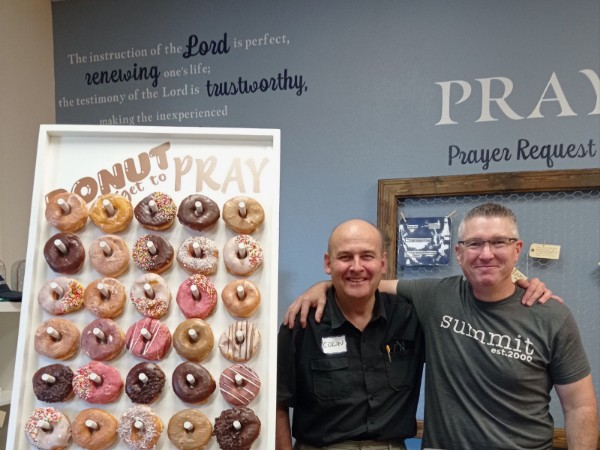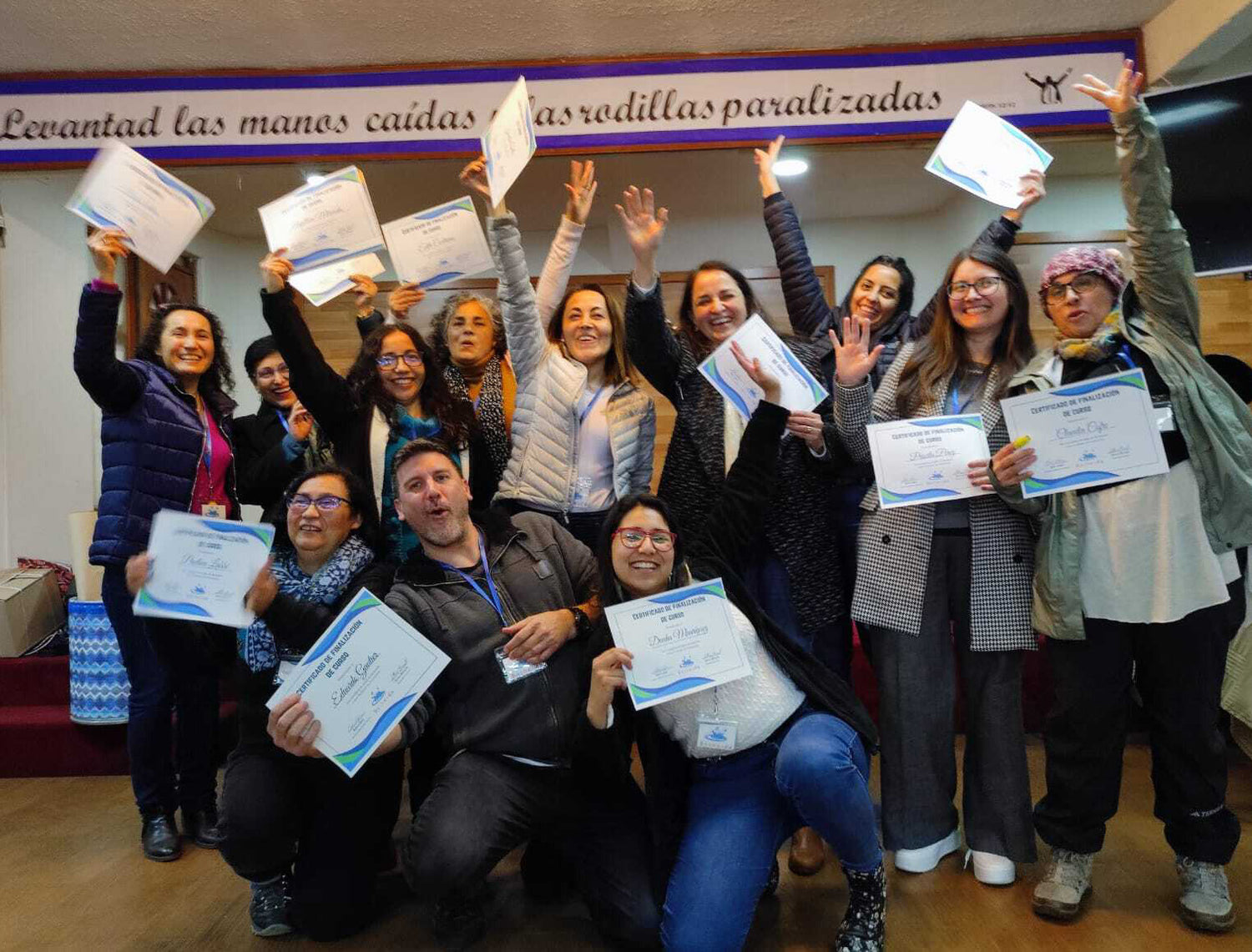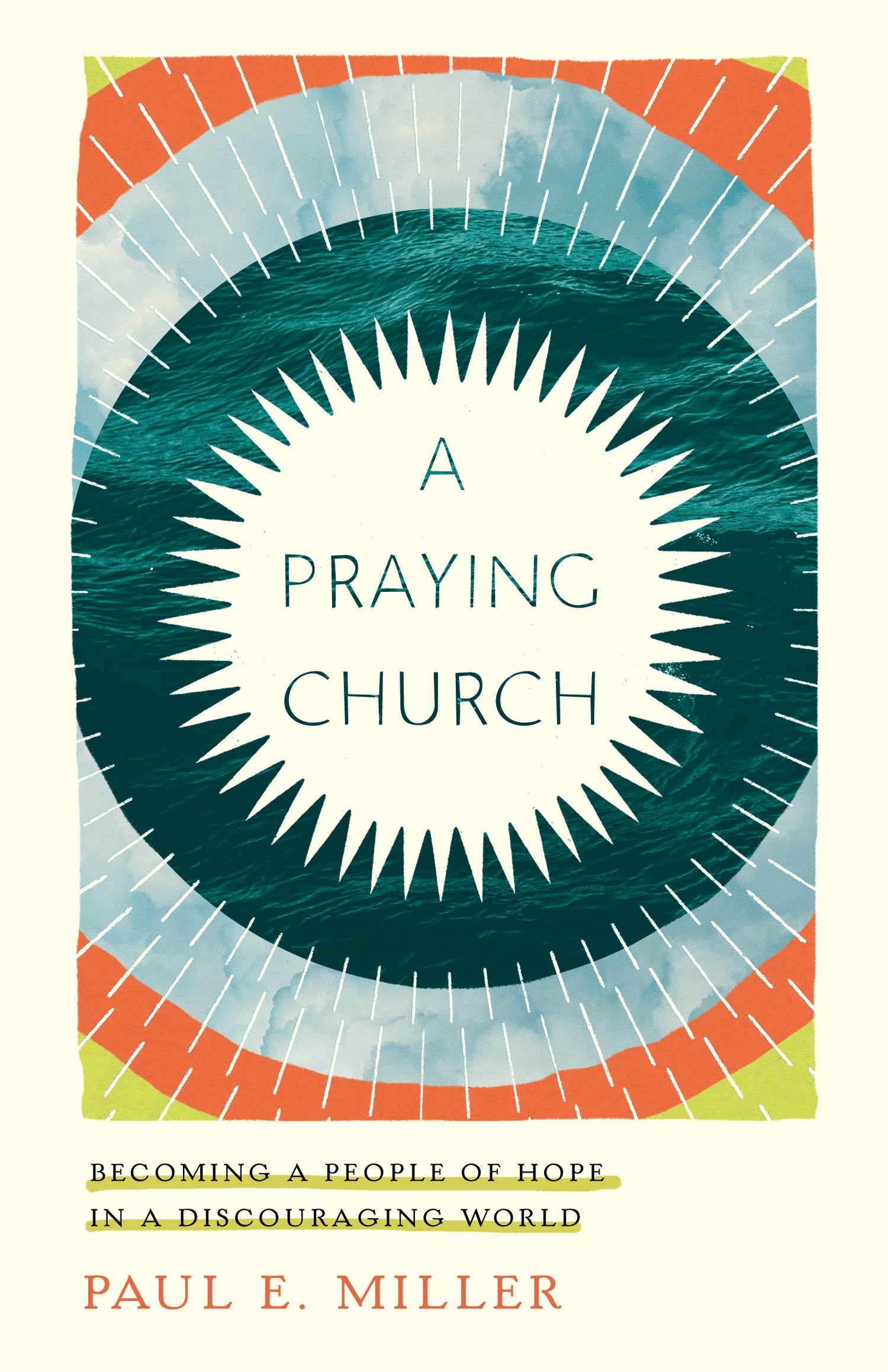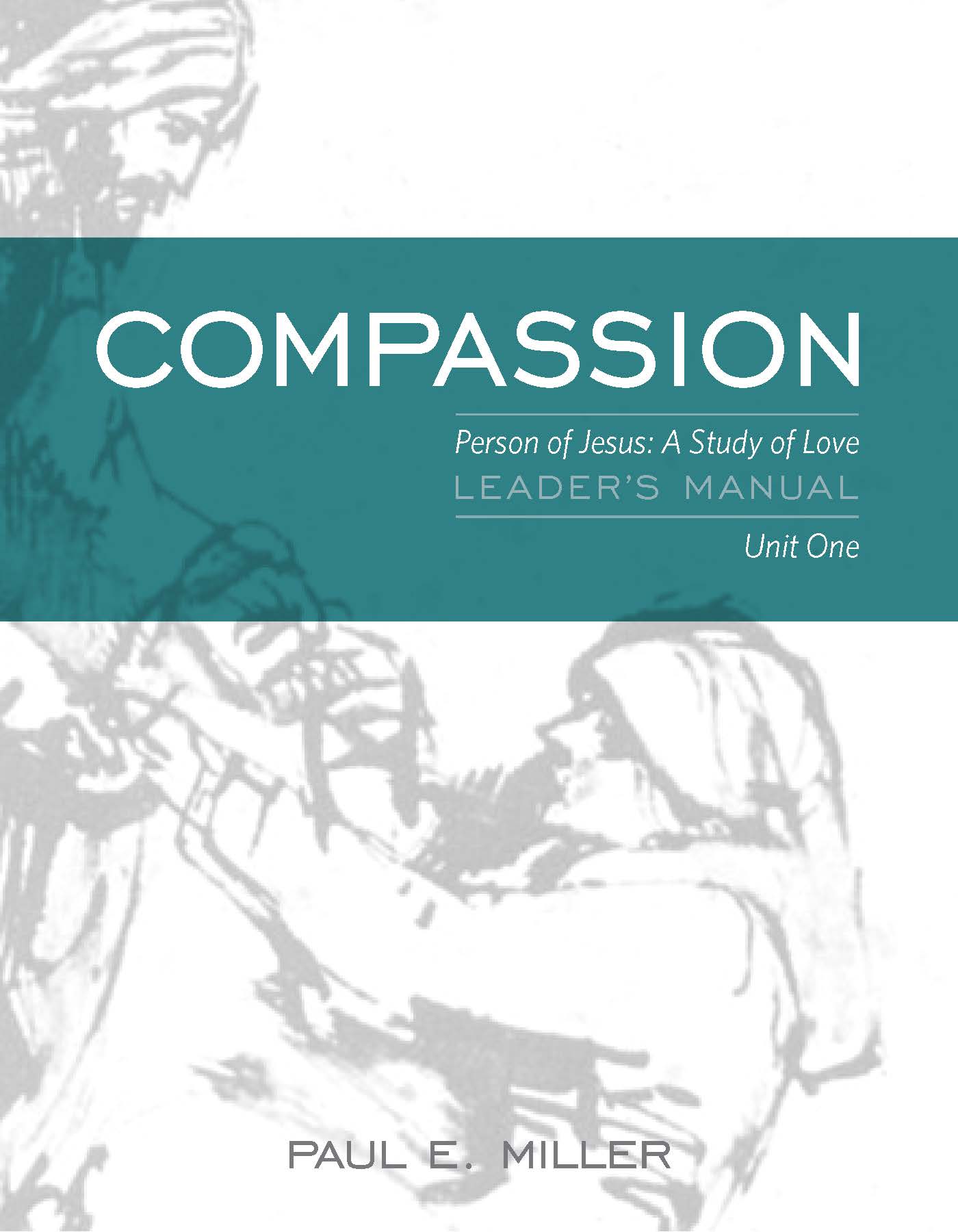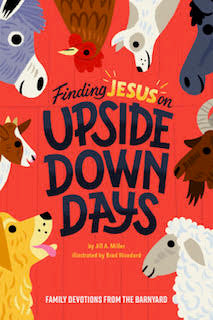In a recent podcast, we got to talking about how, in addition to talking about thankfulness, one way pastors can help people prepare for Thanksgiving is to pray the love of Christ into the saints. Many will head into Thanksgiving celebrations with people who are difficult to love: a grumpy aunt, a wayward child, a prickly father-in-law. Every one of us will celebrate with sinners – even those of us who celebrate alone!
Thinking about how the work of love we’re called to in these hard places stretches us, I’m reminded of a note I received last fall from Beth, a participant in a J-Curve Study I led online. You’ll see how the J-Curve, the apostle Paul’s idea that Jesus’ dying and rising path is the map of the normal Christian life, helps her navigate a difficult relationship:
My sister wants to always be the center of attention. She spends most of the time talking or correcting people. Even food has to be exactly as she thinks is right—she recently asked me if my salt shaker has Himalayan sea salt; I don’t think regular sea salt would be good enough! I am down low when I am with her. She doesn’t ask me questions or try to get to know me. She is much more important in her estimation—at least that is what she communicates.
I could feel sorry for myself and wish my sister would think more of me, would see me higher up on the Failure-Boasting chart. Though it doesn’t feel pleasant to me, I know this isn’t the answer. As a Christian, I could console myself that God sees me as high on the chart. Except that’s not really the right way to look at it either. I’m not high on any chart regarding God. I am low. And yet, He loves me.
The J-Curve makes sense of this—because through it I get to see Jesus better, which is what happened last night. As I began to reflect on my sister wanting to be the center of attention, I saw that Jesus is still the center of attention. And in that moment, Jesus is using the situation to shape me to be more like him. God works all things together for the good of those who love him. He’s actually using the situation for my good. And Jesus shines bright.
So, it’s not that I need to be higher on my sister’s chart to know peace. And it’s not that I need to remember that the Lord has me high on the chart. It’s that I can go lower and see Jesus as high.
Like Jesus, Beth descends down the J-Curve in her relationship with her sister. This transforms her attitude toward a difficult person. But it isn’t morbid. You can see hints of resurrection in Beth by the new attitude it gives her for her sister.
Beth’s story lets you glimpse the “end product” of our work— “the mind of Christ.” Beth isn’t just doing a better job of loving her sister, she inhabits a new way of looking at life that has captured her imagination. I think of “living-the-J” as a gigantic sponge that absorbs slights, misunderstandings, and judgements.
The J-Curve is no guarantee of smooth skies, but it can steady you and bring the joy of fellowship with Christ into the darkest of places.
Our latest J-Curve study, The Descent of Love, is designed to capture the imagination of people like Beth, who need a new lens for love in this strange “fellowship of his suffering.” Do you anticipate a somewhat turbulent Thanksgiving or Christmas? The J-Curve is no guarantee of smooth skies (in fact doing the work of love often makes them bumpier) but it can steady you and bring the joy of fellowship with Christ into the darkest of places.
For more on the J-Curve, you can purchase The Descent of Love, listen to our J-Curve series podcasts, or purchase the book J-Curve: Dying and Rising in Everyday Life.




